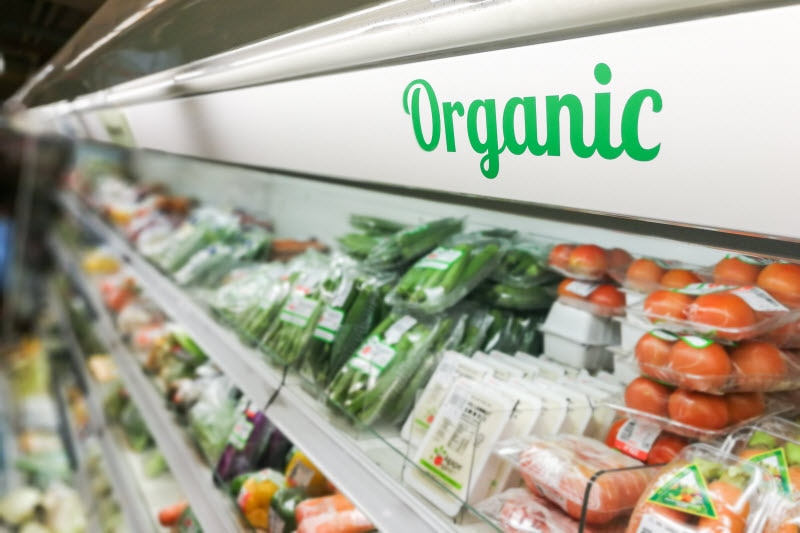A study published in August 2020 in the journal Environmental Research suggests eating an organic diet can help flush glyphosate from our bodies.
The small-scale study found that levels of the pesticide glyphosate in participants’ bodies fell an average of 70% after six days on an organic diet. Researchers say it’s the first study to examine how an organic diet affects exposure to glyphosate.
“Given our results and related studies on how an organic diet rapidly reduces pesticide exposure, we could expect to see similar reductions in glyphosate levels in most Americans if they switched to an organic diet,” study co-author Kendra Klein, senior staff scientist at the nonprofit Friends of the Earth, says in a new release.
“That’s the good news. The bad news is that most of us are eating glyphosate-laden food continuously, resulting in daily doses of the chemical from breakfast through dinner.”
Organic farming bans the use of glyphosate and more than 900 other toxic pesticides that are commonly used in traditional farming.
For the study, researchers with Friends of the Earth, the Health Research Institute and the Commonweal Institute tested urine samples of seven adults and nine children from various demographic backgrounds and locations in the U.S., according to Environmental Health News.
The researchers discovered glyphosate in all of the study participants, with the average level of glyphosate in children measuring about five times higher than the level in adults. Urine samples were collected from parents and kids during six days of eating conventional food and another six says of eating an all-organic diet.
Glyphosate facts to know
Glyphosate shows up in food products like corn, soy and canola, according to Friends of the Earth, as well as in school and park landscaping and home gardens.
“The often-repeated claims by chemical-agriculture and big food companies that there isn’t much difference between conventional and organic foods is wildly inaccurate, and this study is further proof of it,” Alexis Temkin, a toxicologist at the nonprofit Environmental Working Group, says in a new release.
“The levels of toxic crop chemicals like glyphosate that contaminate a wide swath of conventional foods are a main pathway of exposure for most adults and children,” Temkin adds. “The only way to dramatically reduce all Americans’ exposure to this toxic weedkiller is for the Environmental Protection Agency to ban uses of the herbicide that lead to high levels in foods people eat.”
High-profile court cases in 2019 that tied plaintiffs’ non-Hodgkin’s lymphoma to use of Roundup resulted in more than $180 million in punitive damages against Bayer. In 2020, Bayer negotiated a $10 billion settlement of another 95,000 cases, while 30,000 more cases are still pending, according to Friends of the Earth.
“We all have the right to food that is free of toxic pesticides,” Klein says, “but our federal regulatory system is broken and is not protecting us. We urgently need our elected leaders to make healthy organic food the norm for everyone by passing policies that support farmers to shift from pesticide-intensive to organic farming.”
“During the coronavirus pandemic, the inequities of our food system have become ever more clear,” adds Sharyle Patton, director of the Commonweal Biomonitoring Resources Center and co-author of the study. “Research shows that communities of color are at higher risk of serious complications and death from coronavirus as a result of already suffering from higher rates of diet-related diseases. Now more than ever, we need public policies that ensure that all communities have access to healthy, organic food.”

